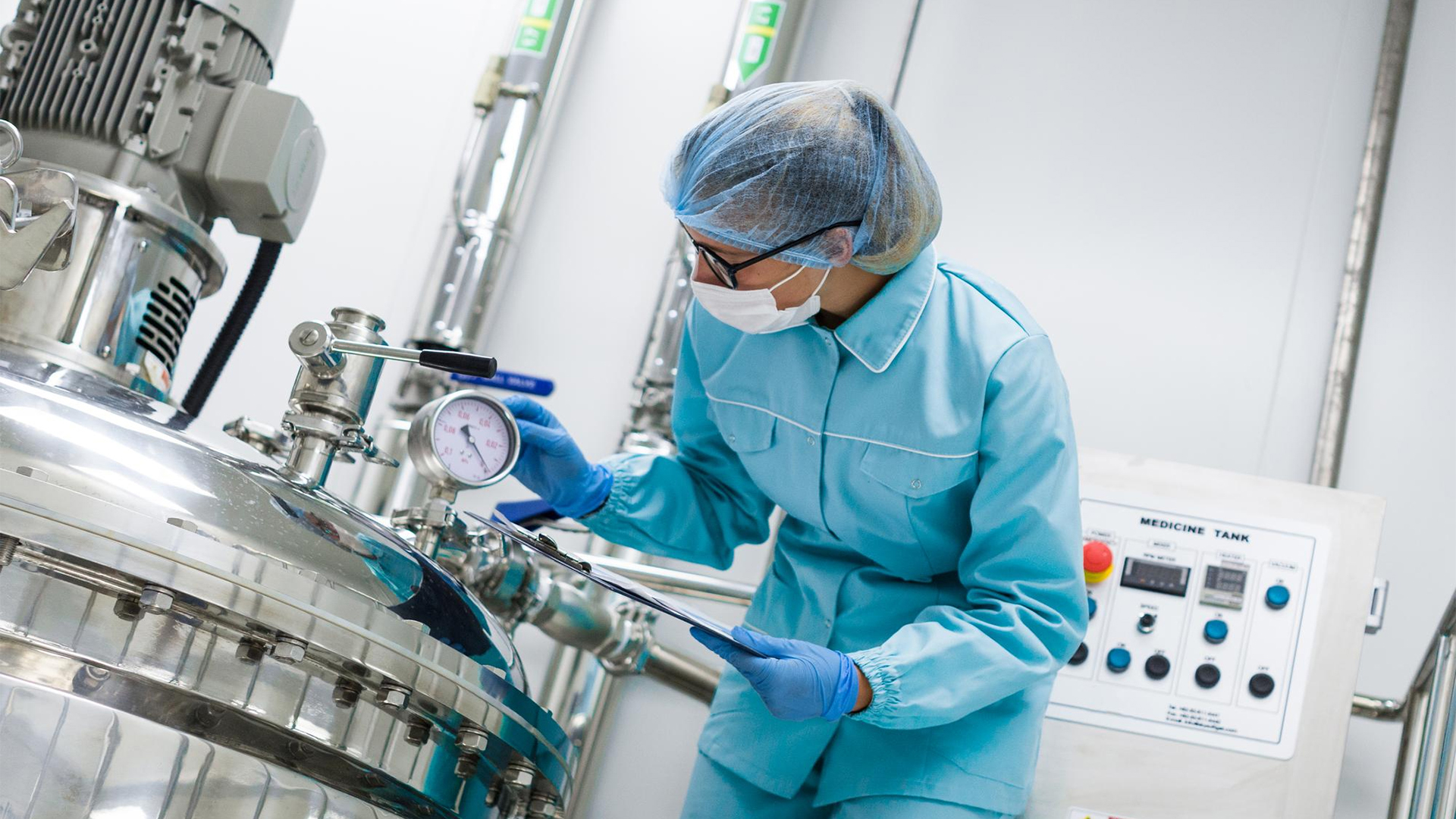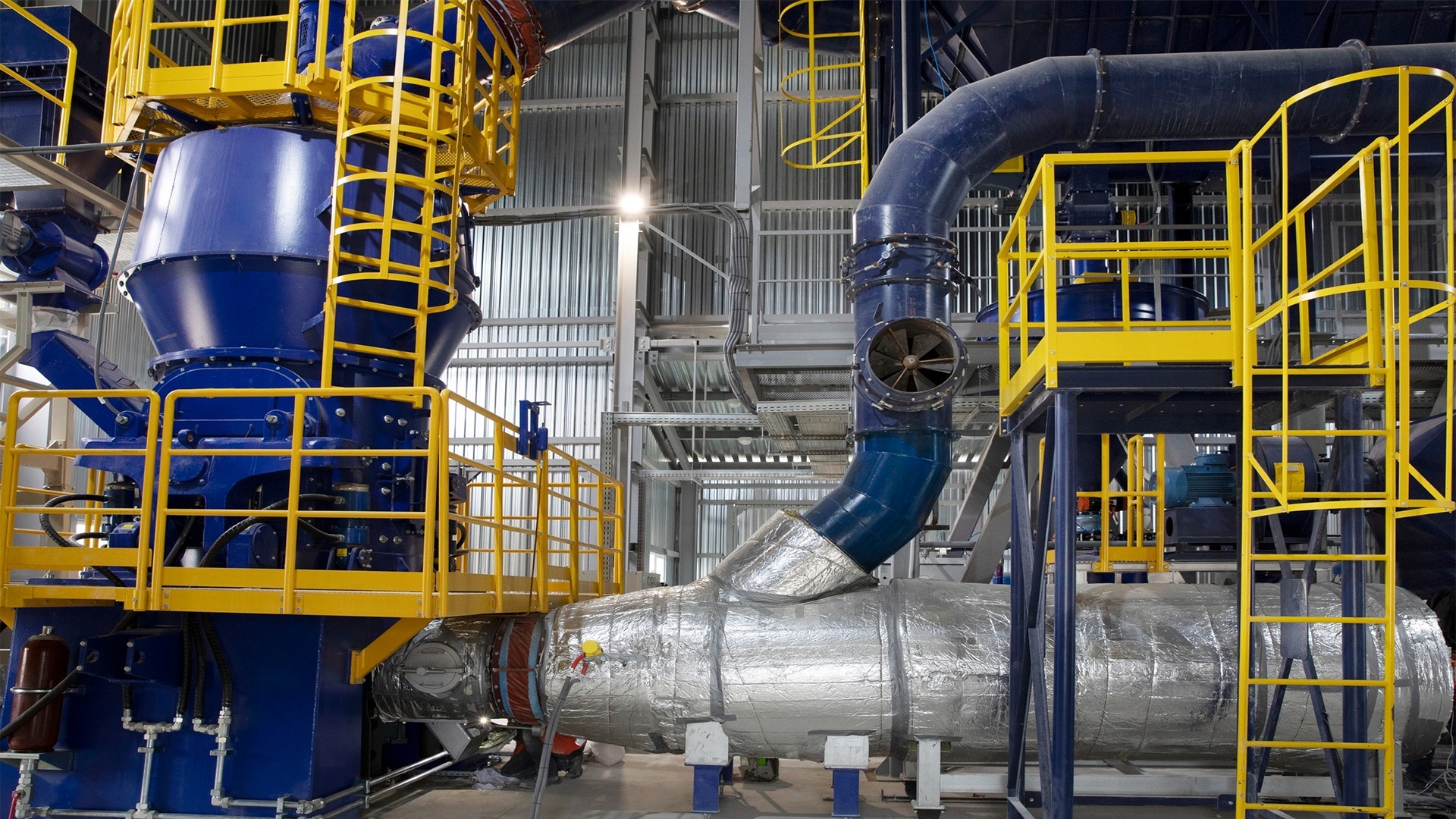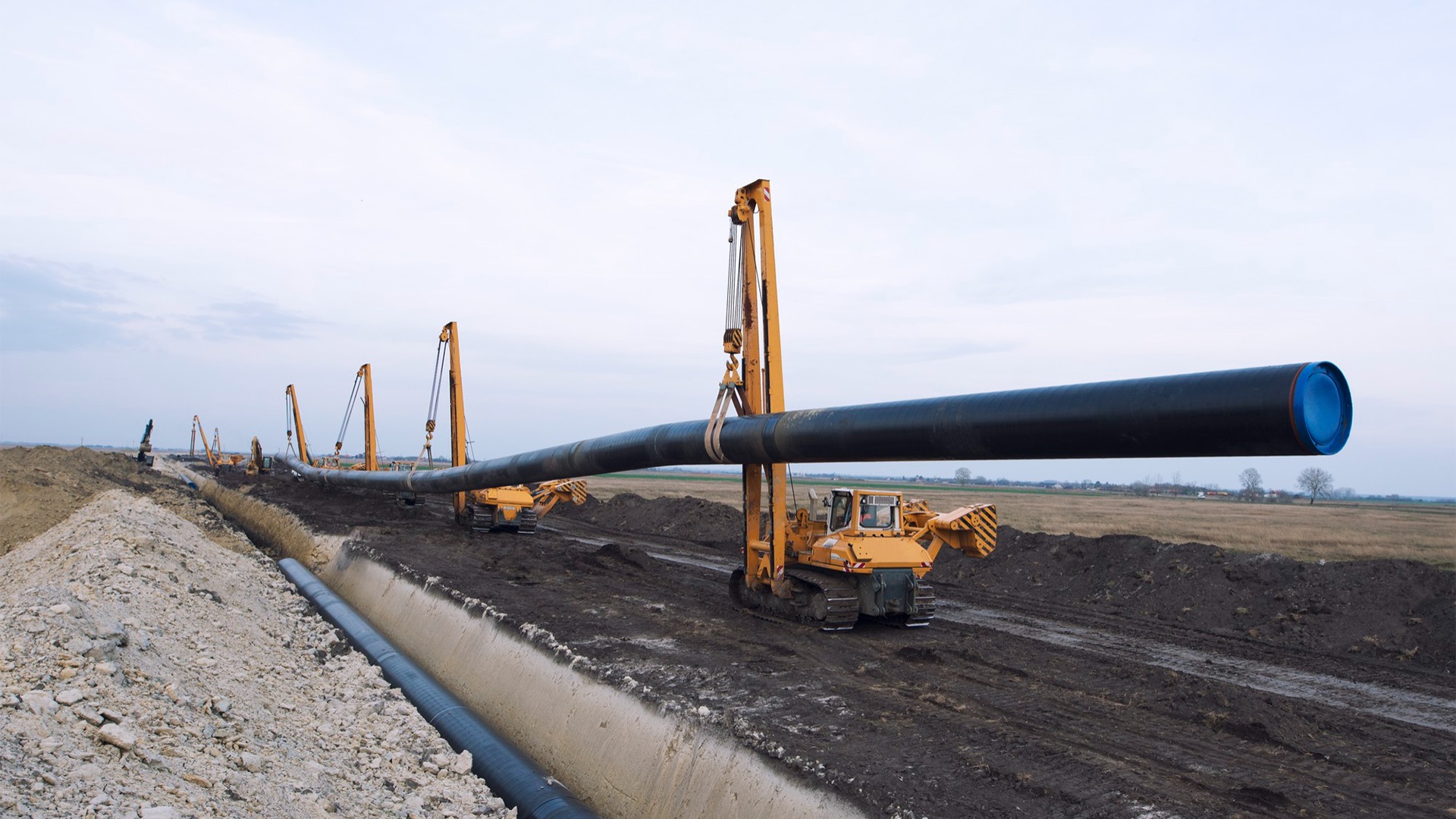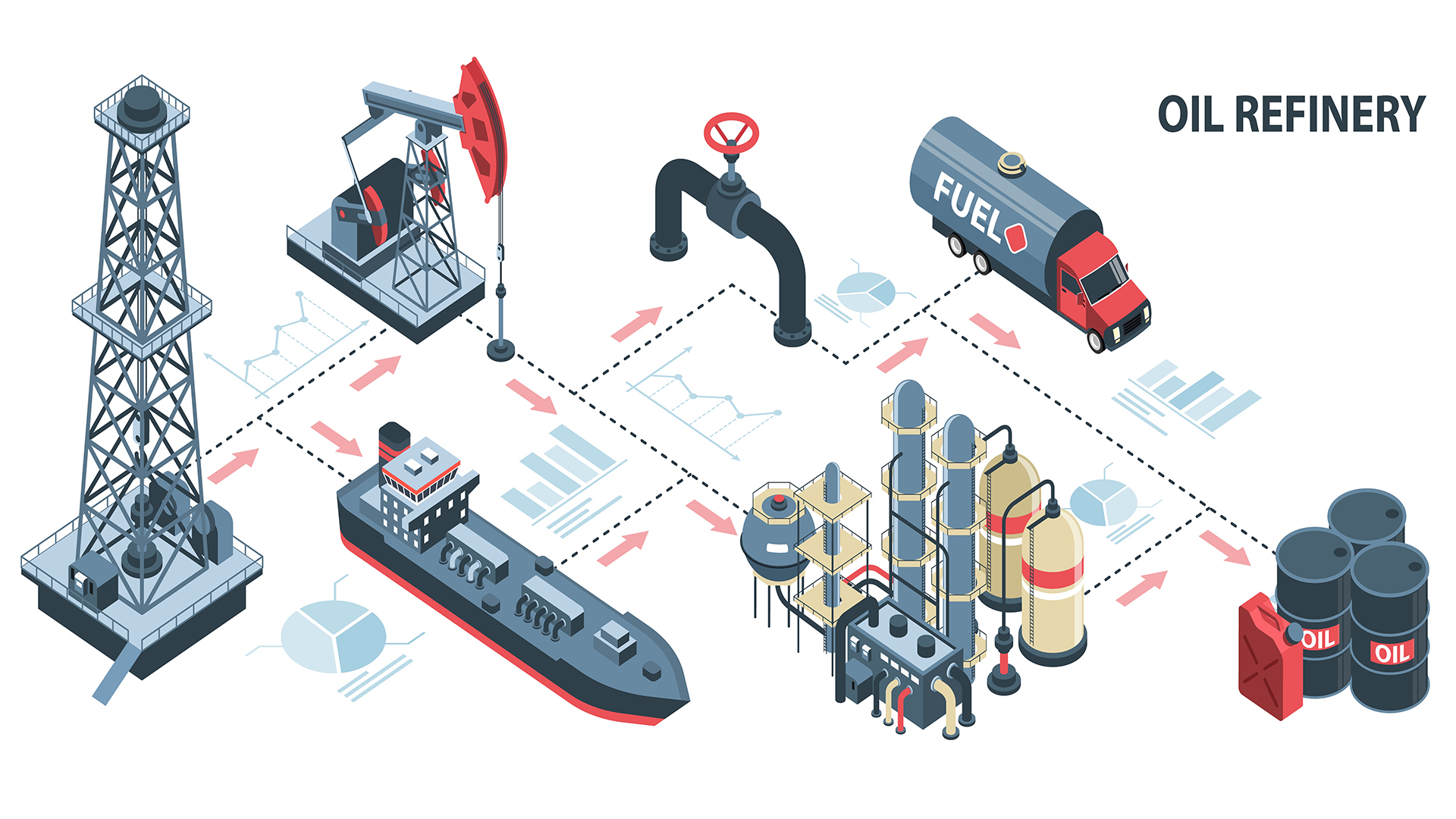
Acing Gas Chromatography Instrumentation And Applications
Course overview
How does gas chromatography function? What is it? Gas chromatography (GC), which is used globally for research and development projects involving diverse fluids, is a key component of modern analytical chemistry. It is helpful for accurately characterizing and quantifying combinations that are both thermally stable and volatile.
Based on the inherent characteristics of molecules, such as boiling point and polarity, it is able to discriminate between the constituents of a mixture made up of tens or hundreds of different molecules. The oil and gas sector, polymers, cosmetics, petrochemicals, foods and beverages, pharmaceuticals, forensics, and environmental sciences are some of the primary industries where it is applied.
Practically every phase of the oil and gas industry, from petroleum exploration to refining and the development of new products, depends on it. The use of GC has increased in the modern period as a result of the development of advanced techniques like GC-MS, GC-HS, and GC-FTIR, which can provide a vast expanse of information on a broad spectrum of materials.
A conventional GC system’s handling, operation, maintenance, and troubleshooting are all covered in detail in this Training Bee training course, giving you complete information and knowledge. This training will provide the knowledge and abilities required to carry out efficient quality control (QC), perform precise analyses, and guarantee safe handling of the GC equipment for beginners, laboratory staff, technicians, and even seasoned professionals. They will be in a better position to advance in their current positions, investigate fresh avenues for analytical testing, and favorably impact the expansion of their organizations in this way.
Introduction
The “Fundamentals of Gas Chromatography Instrumentation and Application” course is open to you. A potent analytical method, gas chromatography (GC) is essential in many fields, including chemistry, pharmacology, environmental research, and others. This course has been carefully created to provide you a solid foundation in gas chromatography, covering everything from its foundational principles to real-world applications.
You will be well-equipped to comprehend, use, and utilize gas chromatography for chemical analysis in your professional or research pursuits by the end of this course. Greetings from the world of gas chromatography, where accurate and effective compound separations produce insightful and important findings.
We are The Training Bee, a global training and education firm providing services in many countries. We are specialized in capacity building and talent development solutions for individuals and organizations, with our highly customized programs and training sessions.
Learning Objectives
Upon completing Fundamentals of Gas Chromatography Instrumentation and Application, participants will be able to:
- Provide a thorough explanation of GC to novices, lab technicians, QC/QA staff, and advanced specialists.
- Explain the theory and ideas underlying how GC instruments operate.
- Enabling a thorough comprehension of the various GC hardware parts, such as injectors, columns, and detectors
- Give examples of the fields or sectors where GC is a key component of the research and development paradigm.
- Bring the GC users’ practical handling, method optimization, and systematic debugging skills up to competitive levels
- Impart knowledge on how to comprehend current documentation on GC and its output data
Our Unique Training Methodology
This interactive course comprises the following training methods:
- Journaling – This consists of setting a timer and letting your thoughts flow, unedited and unscripted recording events, ideas, and thoughts over a while, related to the topic.
- Social learning – Information and expertise exchanged amongst peers via computer-based technologies and interactive conversations including Blogging, instant messaging, and forums for debate in groups.
- Project-based learning
- Mind mapping and brainstorming – A session will be carried out between participants to uncover unique ideas, thoughts, and opinions having a quality discussion.
- Interactive sessions – The course will use informative lectures to introduce key concepts and theories related to the topic.
- Presentations – Participants will be presented with multimedia tools such as videos and graphics to enhance learning. These will be delivered engagingly and interactively.
Training Medium
This Fundamentals of Gas Chromatography Instrumentation and Application training is designed in a way that it can be delivered face-to-face and virtually.
Course Duration
This training is versatile in its delivery. The training can be delivered as a full-fledged 40-hour training program or a 15- hours crash course covering 5 hours of content each day over 3 days
Pre-course Assessment
Before you enroll in this course all we wanted to know is your exact mindset and your way of thinking.
For that, we have designed this questionnaire attached below.
- How well do you currently comprehend gas chromatography (GC)? Please give a quick explanation of what GC is and how it is used.
- Why is gas chromatography crucial for numerous industries, including analytical chemistry? What are a few of the main benefits of GC for chemical analysis?
- Do you have any previous experience with gas chromatography equipment and its parts? If so, could you describe how familiar you are?
- What role does sample preparation play in gas chromatography, and what methods are frequently employed to get samples ready for examination?
- Give a succinct explanation of the underlying theories that govern the separation of substances in a gas chromatograph. What happens at the molecular level in GC?
Course Modules
This Fundamentals of Gas Chromatography Instrumentation and Application covers the following topics for understanding the essentials of the Agile Workplace:
Module 1 – Introduction
- The importance of conducting analytical tests
- Analytical chromatography: What is it?
- Chromatographic methods
- Chromatography using gas
Module 2 – Concepts of GC
- Summary of the separation plan
- Influencing factors for molecular partition
- Resolved by the system
- Factors influencing performance
Module 3 – GC Hardware
- Basic components of a GC system
- Syringe ports
- Divider columns
- Detectors for components
Module 4 – Ports for GC Injection
- Injecting methods
- Auto sampler
- Various injector types
- Selection and management of gas
- GC performance versus the sample introduction
Module 5 – GC Columns
- GC Oven.
- Column Housing.
- Mobile and stationary phases.
- Selection criteria for columns.
- Various column types
Module 6 – detectors for GC
- Characteristics and classification.
- Various detecting system types.
- Factors that affect detector performance
Module 7 – General Upkeep & Systematic Problem-Solving
- GC sampling Handling and syringe maintenance
- GC column replacement/removal
- Column cleaning for GC
- Upkeep of GC detectors
- Troubleshooting GC chromatogram problems
Module 8 – Critical Applications
- Applications for foods and drinks
- Pharmaceutics applications
- Environmental science applications
Module 9 – Improvements in GC Systems
- GC coupled MS.
- GC coupled FTIR.
- GC Thermal Desorption system.
- GC Pyrolysis System
Post-course Assessment
Participants need to complete an assessment post-course completion so our mentors will get to know their understanding of the course. A mentor will also have interrogative conversations with participants and provide valuable feedback.
- Give instances of situations when gas chromatography is frequently employed. How has the training improved your understanding of the types of substances and analysis that GC is best suited to?
- Describe how gas chromatography uses the idea of retention time to identify chemicals. How secure do you feel in your ability to analyze retention time data?
- Share the procedures you learned in the course for data processing and interpretation in gas chromatography. How have these abilities improved your capacity to decipher GC chromatograms for information?
- Think on the practical applications of the knowledge and abilities you learned throughout the course. Describe a fictitious gas chromatography analysis and the factors you would take into account.
Lessons Learned
Analytical Flexibility: Participants have absorbed the analytical flexibility of gas chromatography as a potent tool. They are aware that GC is applicable to a variety of substances and analytical problems.
Instrumentation Proficiency: A thorough comprehension of GC instrumentation has been attained, including a knowledge of its parts and their purposes. Participants are capable of efficiently using and maintaining GC equipment.
Importance of Sample Preparation: The training emphasizes the crucial part that sample preparation plays in GC analysis. Participants understand the value of clean samples and appropriate preparation methods.
Participants have a thorough understanding of the GC’s principles for compound separation. They are able to describe the molecular-level procedures that effectively separate complicated combinations.
Knowledge about GC detectors and their detection principles was imparted to participants through the training. They are capable of selecting the appropriate detector for a given analysis.
Real-world Applications: Participants have learnt about a range of real-world uses for GC, including pharmaceutical quality control and environmental analysis. They are appreciative of how many different fields profit from GC.
Interpretation of Retention Time: The idea of retention time in GC and its function in chemical identification are well known. Participants may identify chemicals using retention time data with confidence.
Competency in Data Analysis: Participants have acquired data analysis and interpretation abilities that allow them to draw insightful inferences from GC chromatograms and extract important information.







